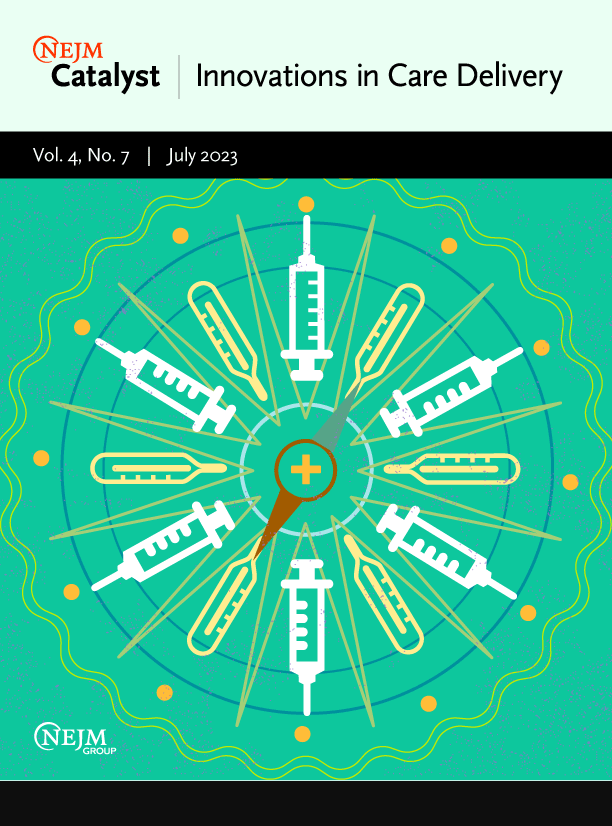Headline
A primary care practice redesigned its social needs screening and patient triage process to allow specialized staff to spend more time supporting patients with more intensive housing needs.
Context
Increasingly health care organizations are attempting to identify and address patients’ housing needs. However, screening all patients for housing insecurity may not be feasible and not all housing needs have an immediate impact on health. Brigham Health, a Medicaid accountable care organization in Massachusetts, sought input from staff to determine how they could better prioritize patients with the most need, while also reducing burnout among housing advocates on staff. This article provides an overview of this process improvement project and the subsequent updates made to Brigham Health’s housing needs screening and referral processes.
Findings
After implementing the updated patient triage process, housing advocates at Brigham Health’s community health centers were able to both significantly increase the amount of time they spent with each patient and spend a greater proportion of their time on cases requiring intensive housing support. The changes also resulted in housing advocates spending less time on direct outreach to hard-to-reach patients and instead sharing outreach responsibilities with other members of the care teams.
A key success factor was a “pull method” for case referral, in which housing advocates are available for consultation on any case, but selectively “pull” patients with more intensive needs onto their caseload. Additionally, building the capacity of less specialized team members to address nonacute housing needs, as well as establishing clear and standardized case-type definitions across care teams were also identified as key success factors.
Takeaways
Brigham Health’s updated triage process provides a valuable blueprint for health care organizations aiming to efficiently allocate limited staff time to address the most acute and impactable housing needs of their patients. Additionally, the team-based and iterative process improvement project can serve as a model for other forms of quality and process improvement efforts in health care settings.




